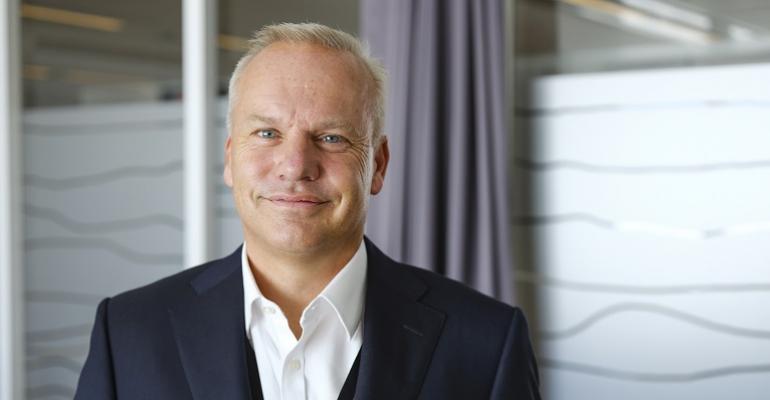Both parties have agreed to work towards the development of zero carbon technologies and solutions for the maritime industry.
Equinor brings extensive experience in large scale production and transport of maritime fuels and will contribute with valuable expertise in key areas like safety in operation and design.
“This partnership has huge potential. As a major producer of maritime fuels and maritime player, Equinor has invaluable knowhow and has already shown enormous energy and willingness to accelerate the transition with promising projects. This is the mentality we need, and we are looking very much forward seeing the synergies we can create together,” said Bo Cerup-Simonsen, CEO of Maersk Mc-Kinney Møller Centre for Zero Carbon Shipping.
Hedi Aakre, Equinor’s Vice President of Shipping, added: “We are very pleased in joining the Mærsk Mc-Kinney Møller Centre for Zero Carbon Shipping. The Centre is complementary to other initiatives and organizations we are engaged in. As a producer and user of maritime fuel, Equinor is working to decarbonise shipping. Together with the maritime industry, we will develop new solutions contributing to substantial emission reductions.”
The Maersk Zero Carbon Centre also recently welcomed CF Industries amongst its partners, committing to a long-term collaboration towards net-zero solutions across the maritime industry. CF Industries has pledged to support global decarbonisation by producing nearly 2m tonnes of low-carbon ammonia production capacity by 2024.
Copyright © 2024. All rights reserved. Seatrade, a trading name of Informa Markets (UK) Limited.
Add Seatrade Maritime News to your Google News feed.  |

